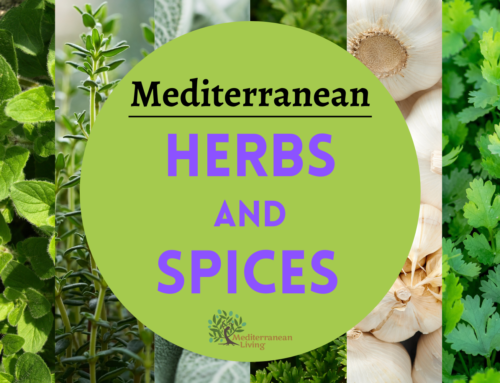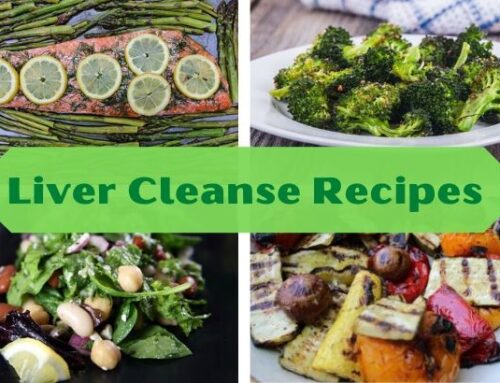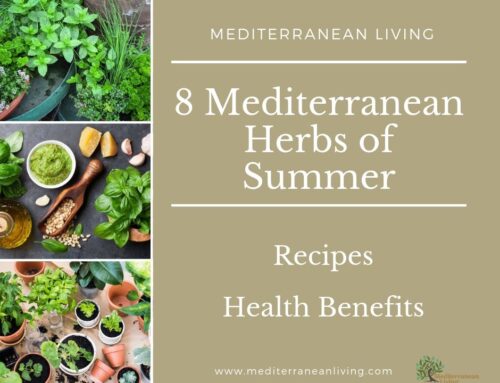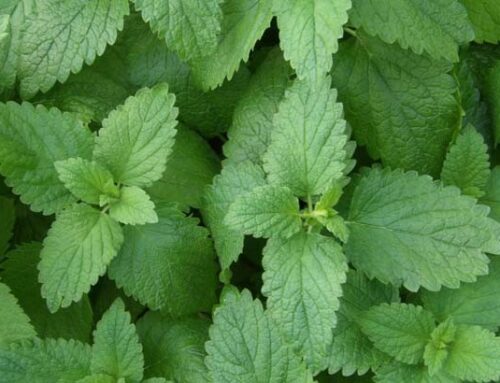Is Turmeric really that good for you?
By Christine Kenneally
Updated July 30, 2017
Turmeric has been a major part of traditional Indian and Asian cooking for centuries, even being referred to as “holy powder” for its many healing properties. Turmeric is a healthful addition to a Mediterranean diet and has anti-inflammatory, antioxidant, antiseptic, antibacterial, and antiviral properties. It is often referred to as a “superfood”. It can be eaten cooked or raw, and is most often used in powder form, added to foods for a warming, slightly sweet, slightly nutty and slightly bitter flavor as well as a rich yellow color. Turmeric is a main ingredient in Indian curry dishes, and has become an important spice in the Mediterranean diet as well.
Turmeric is known to be a strong anti-inflammatory, used to treat painful conditions like arthritis and injuries. And, turmeric can cleanse and strengthen the liver and purify the blood. It has a warming quality, known in the herbal world as “carminative”, which warms up the digestive system, reducing indigestion. Truly it can be said that when food is seasoned well with healthy warming spices, that it not only tastes better, but it is easier to digest and therefore healthier for us. And who doesn’t love a delicious hot meal in the winter to warm us up?
The presence of Curcumin in Turmeric provides anti-oxidants and prevents normal cells from becoming cancerous, and helps the body destroy mutated cancer cells. Curcumin has also been shown to prevent dementia and Alzheimers disease by protecting brain cells from oxidation.
These are just a few of the health benefits of this delicious spice. Because it has a mild flavor, it can be added to many of your favorite recipes with great results. The body absorbs turmeric best when it is eaten with fats such as oils and milk.
Click here for Christine’s recipe for Warming and Tasty Turmeric Tea












Bill Bradley, R.D. says:
Bill Bradley, R.D. says:
Bill Bradley, R.D. says: